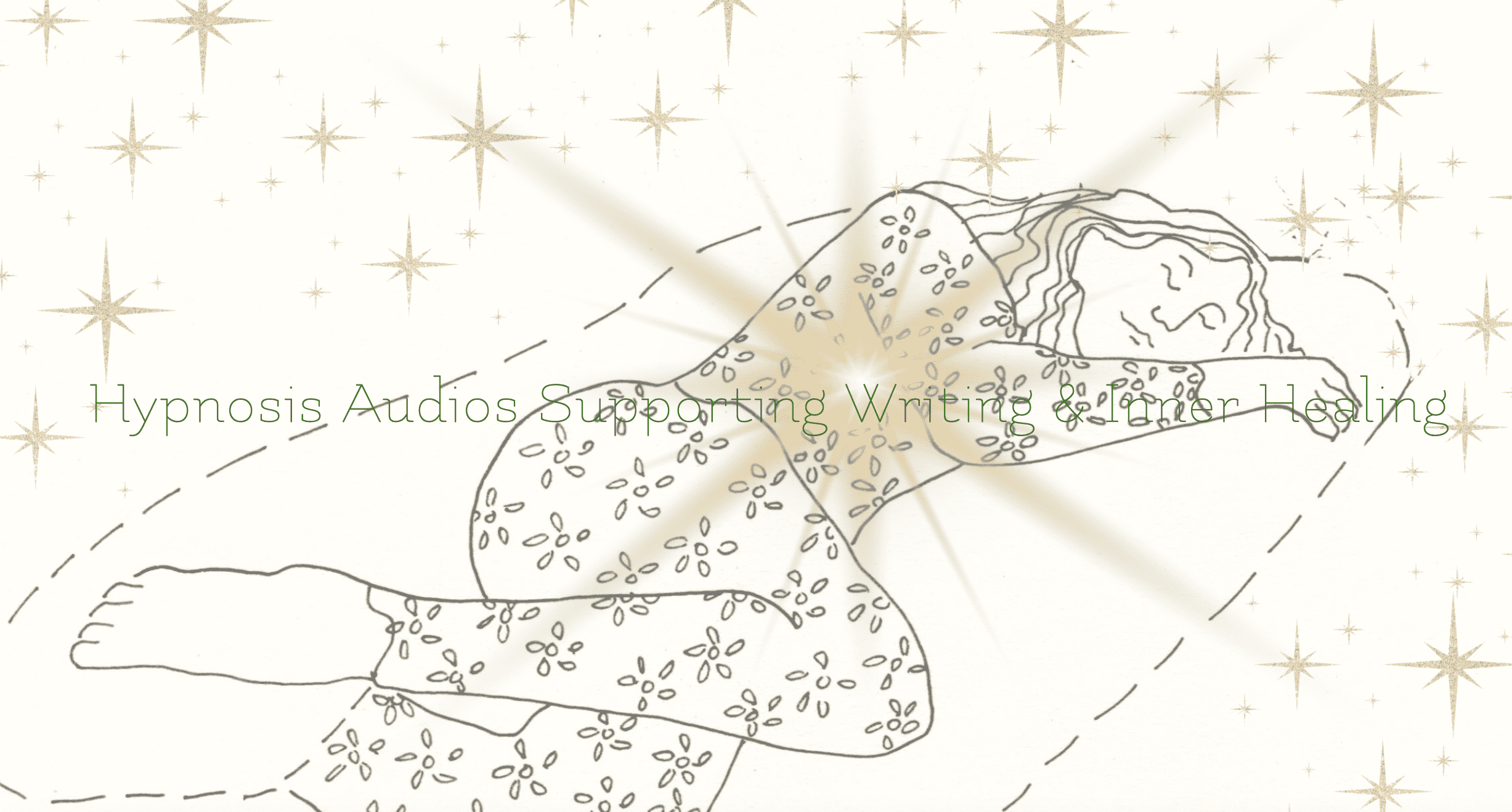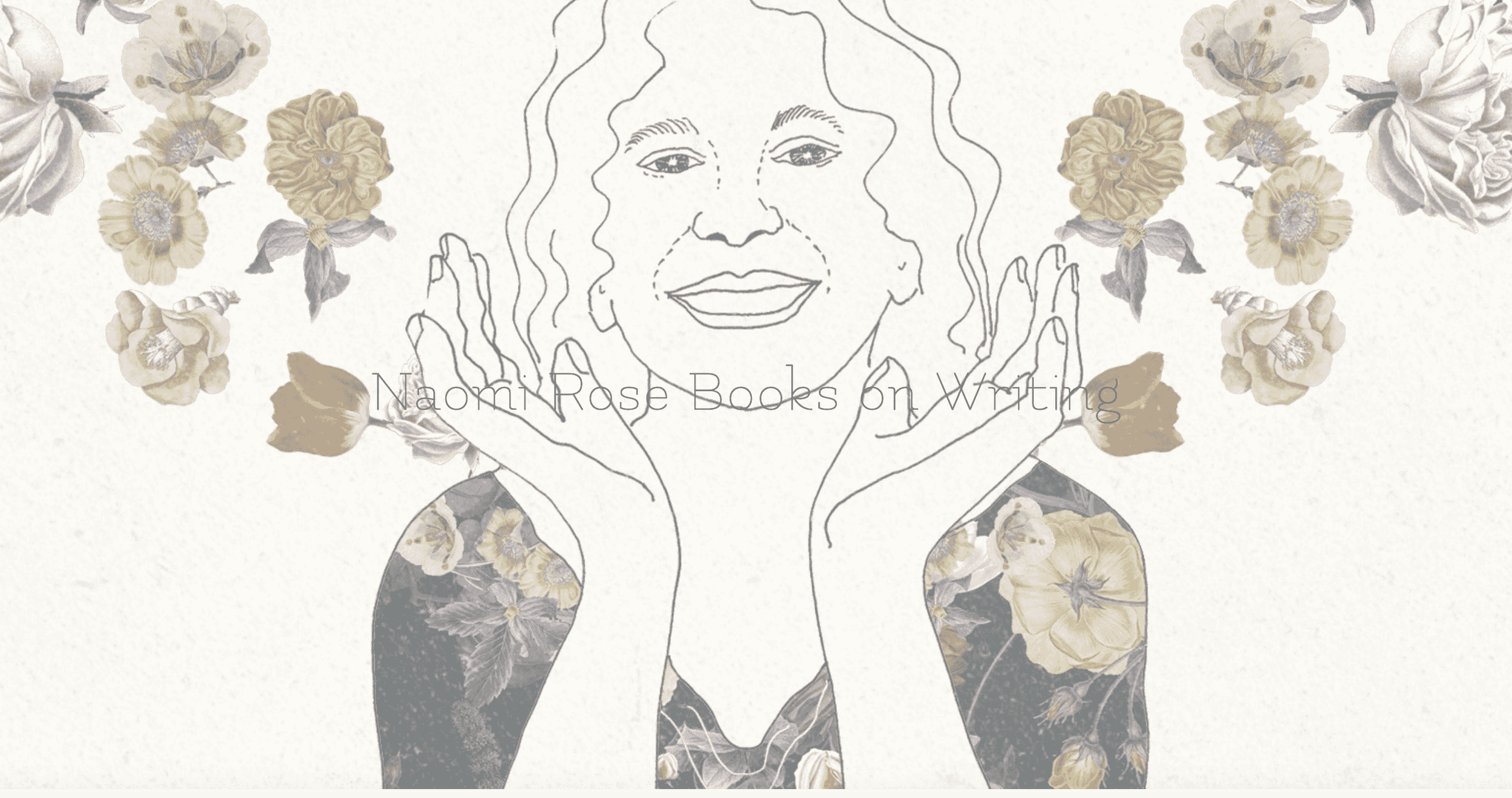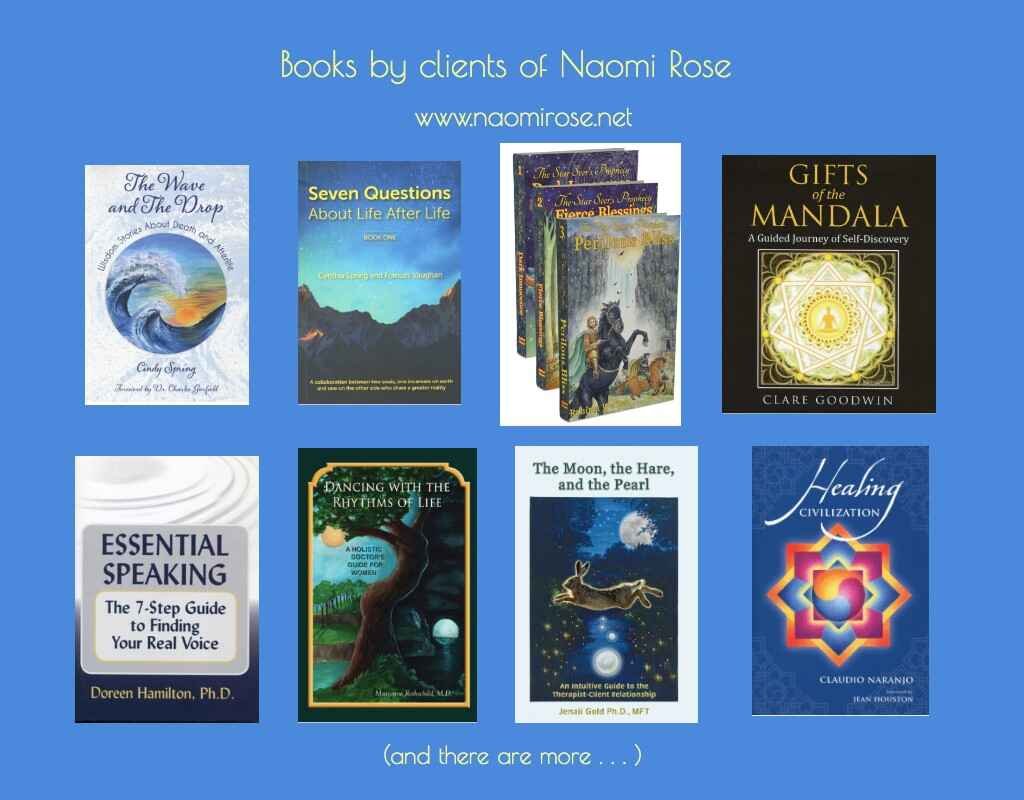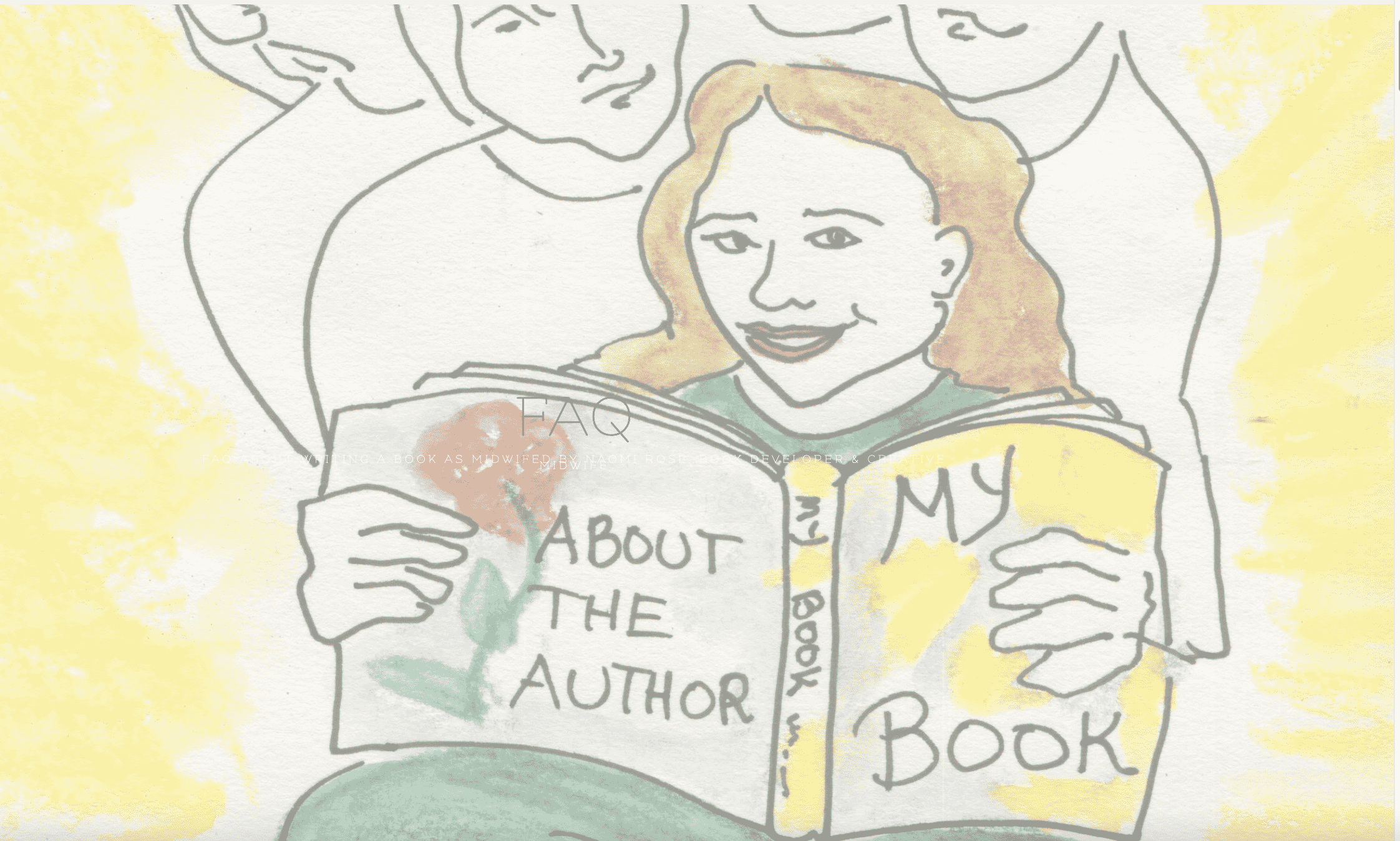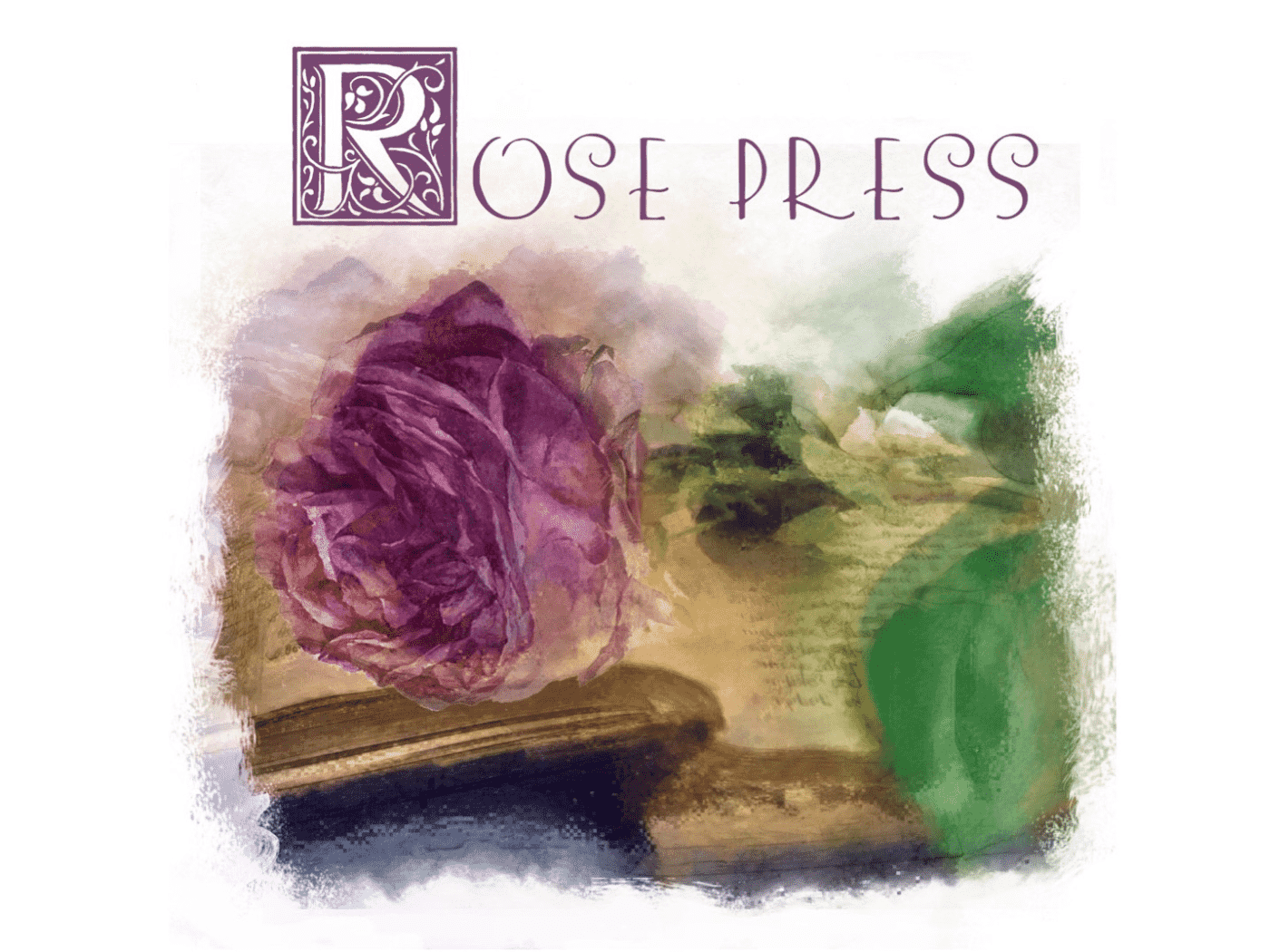Writing a book? Wanting to write a book?
Naomi Rose’s Writing from the Deeper Self blog on:
12 Natural Ways to Be Inspired to Write Your Book
Naomi Rose, Book Coach/Book Developer & Creative Midwife
Encouraging your creative flowering
Part 2 of 3
writing a book from natural inspiration coes a long way to opening your creative horizons
So you have embraced the existence of natural inspiration ways 1-4:
#1. Breathe with Awareness
#2. Let Love Be Your Book’s Rudder
#3. Give Your Book a Title That Inspires You
#4. See what else you love that you can hitch your wagon to, and whose gifts you can bring into your experience of writing.
Now it’s time for the next four inspiration-openers:
5. Don’t push (the river).
6. Get back in the flow by re-reading what you already wrote.
7. Take showers with pen and paper close by.
8. Clean your house — without guilt!
5. Don’t push (the river).
Inspiration has its own rhythm,
and it’s good to be aligned with it.
If, after a certain period of writing in an inspired way, you find that you are pushing (you’ll feel the signs: straining; annoyance; depletion;
“I’ve got to…”; and so on) —
stop.
You can give yourself a “bookmark” as to where to pick up again the next time you come back to the writing.
But don’t drive on empty. Trust that if you received inspiration this time, it will also come again.
I speak to you of this from all-too-personal experience. I have accomplished a great deal by pushing, and no doubt a combination of cultural training and early fears of scarcity combined to convince me that once I was actively doing something I should keep on doing it until it was completed; because “What if I lose the spark and the drive, and can’t get back into an inspired mindset?”
While I’m grateful to know than I can push if I must, a later-in-life learning is to trust the flow to carry me; to remember that I am essential to what comes from me, and that my own presence and well-being are an important part of this.
So when you start to feel the signs that you are pushing:
Pause.
Take a breath.
See what you need.
Do you need a break (the kind that will let you re-enter the inspired space, like a rest or a walk)?
Or do you need to stop for now? If you stop for now, can you “bookmark” where you want to pick up when your next inspired writing time comes round? (Of course, it’s always possible that the inspiration will address a different area of the book; but even so, bookmarking a pick-up point can help you come back to it a different time.)
And, in stopping, can you sincerely acknowledge and celebrate the inspired writing that took place, and your part in receiving and creating that?
6. Get back in the flow by re-reading what you already wrote.
Writing from the deeper Self takes place when you shift out of ordinary consciousness into one fed by Divine inspiration, threading its way through your unique human being and experiences.
This is a state where the doing is preceded by receiving.
And what is the hallmark of receiving?
Listening.
Being there for whatever gives itself to you.
So the next time you sit down to write, another way to bring yourself into the flow of writing (i.e., a profoundly, concentratedly listening state) is by re-reading what you wrote during an earlier writing session(s), when in a state of connection to yourself. (Of course, this presupposes that you didn’t “push the river” — see #5 — and that you stopped when you felt complete for the time being.)
Re-reading has the potential to shift your focus back into the energy as well as into the subject of the writing.
You can enter into a scheduled writing session with the day’s to-do’s and responsibilities still on your mind (though it’s a good idea to, say, breathe with awareness to find the inner-listening place).
Yet once you start reading what you wrote at an earlier time, you’re brought not only into the world of the writing but also into the consciousness you were attuned to when you wrote it.
Re-entering the internal place from which you did the writing will re-situate you in its flow, and you may now be inspired to write further. Seamless. No extra effort.
And if nothing comes your way to move forward with at this time, you can use your writing session to reflect on what arises in you after rereading what you wrote. You might perhaps jot down some notes to
write from for another time.
Because — especially with a long-term relationship like a book — it’s not always about producing. It’s at least as important to keep your connection to your book alive, much like cultivating a relationship you care about. This blowing-on-the-embers helps prepare the ground for you to receive an unexpected but greatly welcome visit from your Muse at some later time. (See #7, for example.)
7. Take showers with pen and paper close by.
There’s something about showers.
Maybe it’s the water element itself.
Maybe it’s being naked and without your to-do list.
Maybe it’s the state of consciousness you naturally get into when the plashing water is cascading down and cleansing you, and you’re all soapy and clean, and the acoustics in the bathroom invite (maybe beg) for a song.
Whatever the reasons, people often have experiences of illumination in the shower — from good ideas, to valuable insights, to revelations, to epiphanies, to paragraph-downloads. Wherever you may find yourself falling on this spectrum — whether it has happened to you many times already, or this is a new invitation and you want to make room for it — you can optimize whatever the Muse gives you while you’re showering by keeping a pen and paper close by.
I discovered this after a good many times of finding inspiration coming my way in the shower. Assuring myself I would remember, by the time I turned off the water, stepped out of the shower, toweled dry, and put on my clothing, the actual wording of the inspiration was already fading. Sometimes, rushing out of the bathroom with my clothes on and my hair still wet, I would manage to find pen and paper (or sprint for the living room, where my electric typewriter is) and catch the inspiration by the available thread, which when written down made it more possible to reel in other threads.
But sometimes it was just gone — nowhere to be found, just a dream of a dream — and I had to shrug and live with my disappointment, and my hope that the inspiration would come again another time, even if in a different form.
These days, I do indeed keep a few folded 8-1/2 x 11” pieces of paper and a pen on the bathroom counter, back in there with my toothbrush. So if the water in the shower brings me a deluge of enlivening understanding — my version of Archimedes’ famous (or apocryphal) “Eureka!” discovery in the bath — I am ready to recognize it and embrace it, wet or dry, clothed or not.
My self-care ablutions will wait, but my spirit’s gifts may not, and I want to be there to receive and transcribe them.
8. Clean your house — without guilt!
There’s a fair amount of literature on how writers sit down to write — and then suddenly notice how the carpet needs to be vacuumed, or the dishes need to be washed. This is usually written in a wry tone, as if owning with some chagrin that this is fear and procrastination rearing its head to dislodge the more pressing need to write.
And that can be the case.
But I like to approach doing housework in relation to writing from another point of view: housework can actually help you write.
When you get your hands into the warm, soapy water to wash the dishes, there is a simplicity and a physicality to the task. All you need to focus on is the act of doing the dishes, and you can — for mindfulness’s sake — add in the sensory experience of being there, lifting the heft of the plates, seeing them gleam under the film of the water, feeling soothed by the warm water on your hands.
If you vacuum the floor, which can be a bit of a physical workout, you can be present to the strength required to push the vacuum cleaner around (at least mine takes some strength), the sound of the vacuum siphoning up the dirt, and the pleasure of seeing the splotchy-with-dirt carpet become unitary, a clean slate.
Same thing with any other kind of housework you choose/are drawn to do.
But the other element that I usually experience when I clean with any degree of mindfulness is that there is a resonant reverberation into other levels of my being that also get cleaned, tidied, put in order.
Vacuuming the living-room rug thus becomes more than only the physical result; it’s a kind of shamanic cleansing of something inside me. I can actually feel it, energetically and otherwise, that when the rug itself is revealed in its relatively pristine essence — minus all the dirt my family and I have tracked in from outdoors — something pristine in me is revealed that was covered over by things of the world and where my mind can go when untethered.
From there, if I go to writing my book, it’s as if the obstructions have been cleansed, at least for the moment.
And perhaps during the cleaning time, inspirations will have made their way into the waiting room of my awareness, and now they are coming through the inner door for me to enjoy putting down on the page.
Click here to read the last 4 natural ways (#9-12) in Part 3.






